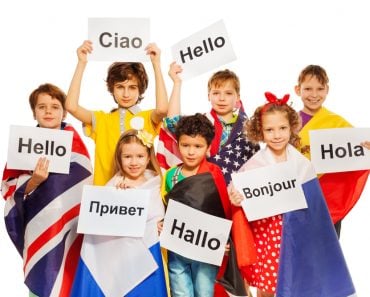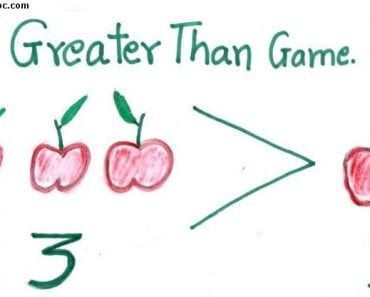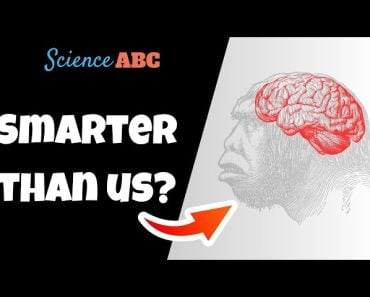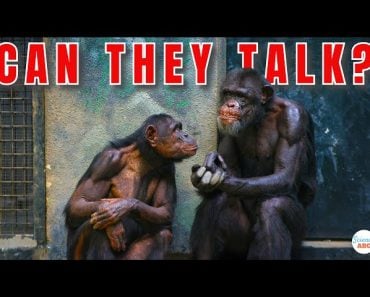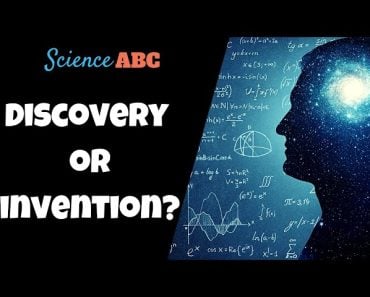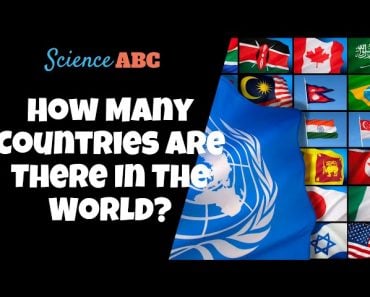Table of Contents (click to expand)
- Is It Made Up Of A Series Of Spoken Sounds?
- What About The Words That We Have Trouble Pronouncing?
- Does It Have Some Sort Of Meaning?
- Does It Primarily Have Any Grammatical Importance?
- Can Anyone Make Up Words? How?
- So, How Does A Word Enter The Dictionary?
- What About The Words That Don’t Get Into The Dictionary?
- A Final ‘Word’
Linguists and researchers have made many attempts to define a “word”, without reaching a settled conclusion. Most definitions, however, agree that a word is capable of being spoken and written and it must carry some meaning. Any competent speaker of a language can manage to form new words by using some of these ground rules.
During the coronavirus crisis, many new words and phrases became part of our everyday vocabulary (‘social distancing’, ‘self-quarantine’ and ‘Covid-19’ itself). However, when a preschooler calls sanitizer ‘hanitizer’, we find it cute, but may not consider that a real word.
According to Global Language Monitor, in the English language, a new word is born every 98 minutes, about 14.7 per day, 5400 a year. Not all the new ones are added to the standard dictionaries, so does that mean they’re not real?
The question is…when does a word become a real word, and who makes that decision? Let’s find out!
Recommended Video for you:
Is It Made Up Of A Series Of Spoken Sounds?
First, quickly scribble down a few letters on a piece of paper. Can you pronounce the string of sounds on its own? If yes, then you have just met the first requirement.
From a linguistic point of view, words are made up of different sounds (or phonemes). For instance, “cat” has three phonemes: /c/, /a/, and /t/. So, together it’s a “pronounceable phonological unit.” Here, the letter-sound c does not make sense on its own, nor do the other individual sounds. ‘Cat’ is a unit that is capable of being pronounced (with meaning) all by itself. So, this word falls in line with Bloomfield’s well-known definition of a ‘minimal free form’.
What About The Words That We Have Trouble Pronouncing?
I can never muster up the courage to pronounce “Freundschaftsbeziehungen”. Yes, that’s a real word, it means “friendship relations” in German. Or “pamplemousse”, which is French for grapefruit. Quite a mouthful, aren’t they? But it doesn’t mean that they aren’t real.
Of course, acquiring a foreign language can be difficult. Studies show that we are born with the natural ability to learn and master all the sounds used in all human languages of the world. Linguist Noam Chomsky believed that learning a language (yes, even the ones that seem so difficult to pronounce) is an innate skill that one develops from birth.
A word is real when it has a meaning in the lexicon (vocabulary or dictionary) of a language. This brings us to its next characteristic.
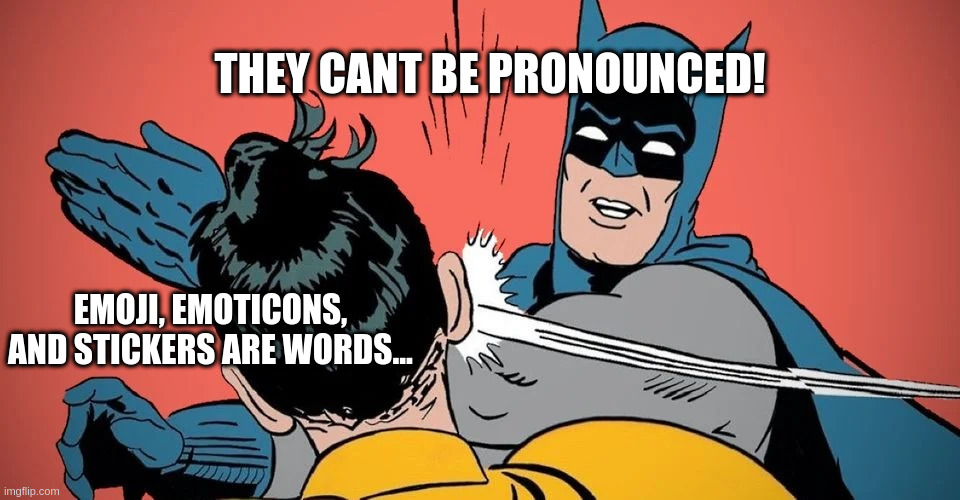
Does It Have Some Sort Of Meaning?
A word (cats) or its parts (‘cat’ and ‘-s’) should have its own meaning (cat is the animal and –s is the letter for making it plural). Have you invented a new word for a place, person, a way of doing something or a way of describing something? You might have coined a lexical or content word. Nouns, verbs, and adjectives belong to this category.
For a word to be considered real, make sure you can clearly describe its meaning to other people.
Also note that while writing, we keep ‘cat’ separated by spaces from other words (one of its orthographic features). This is why the OED mentions that a word is “typically shown with a space on either side when written or printed”.
However, no definition appears to be set in stone. For example, the written form of Chinese doesn’t have spaces between words. Also, some words cannot be considered “minimal free forms” (e.g., for, and, but, with, it, on, yet) since they make no sense, when used on their own. What independent meaning do they have (what is the meaning of ‘the’)?
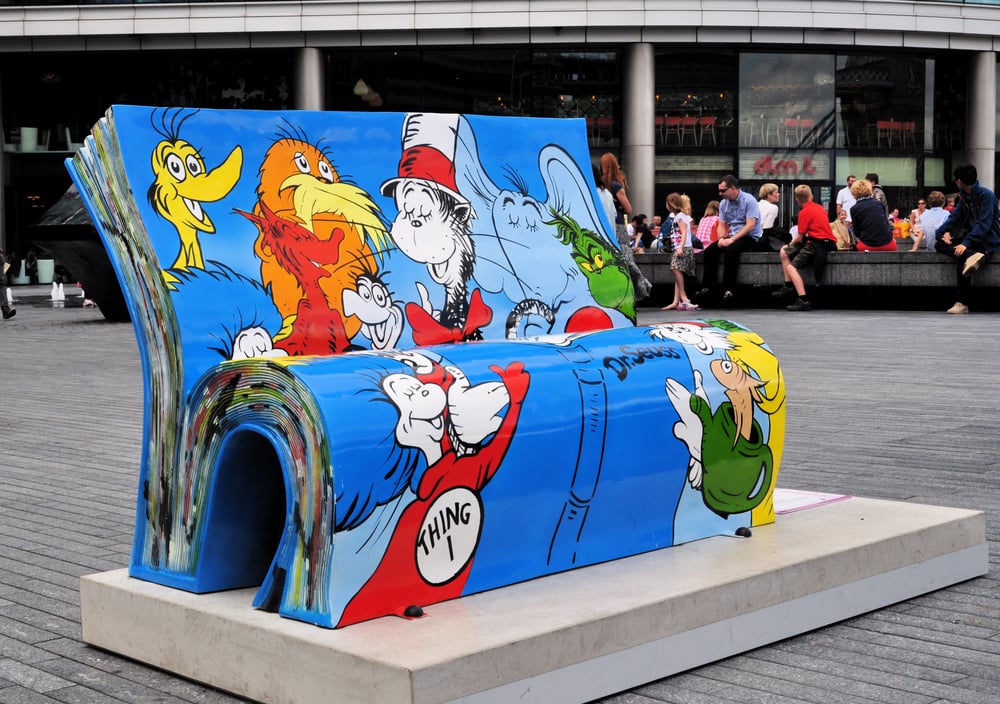
Does It Primarily Have Any Grammatical Importance?
Even if a word doesn’t seem to convey a lot of sense by itself, it can still be legitimate if it plays a grammatical role.
Some examples are auxiliary verbs (e.g., might, may, will, must), prepositions (e.g., in, at, on, of and to), articles (a, an, the), conjunctions (e.g., or, and, so, for, because, but, yet, as), and pronouns (e.g., he, she, you, we, her, him), which are grammatical or function words. They might not have a so-called “dictionary meaning”. But they can easily fit into larger units of phrases, clauses, and sentences.
Can Anyone Make Up Words? How?
Do you become hangry (angry when hungry) when you skip meals? I do.
‘Hangry’ is an example of a ‘portmanteau’—a fancy term for a word made by blending two or more words or their parts. “Brexit” is a portmanteau (Britain’s exit from the European Union), just as “breakfast” and “lunch” combine to yield “brunch.” The term portmanteau was first used by Lewis Carroll (best known for his ever-popular Alice’s Adventures in Wonderland). This is, however, just one of the mechanisms you can use to create words.
Some other processes of word formation include derivation (e.g., kind + -ness → kindness), back formation (‘examine” was formed by taking out the ”-ation” from ”examination.”), conversion (email – noun → to email – verb), compounding (jelly + -fish → jellyfish), abbreviation (Junior → Jr.) and borrowing (French café → “coffee”).

So, How Does A Word Enter The Dictionary?
Lexicon, then, plays a key role in our usage of language. Lexicographers are dictionary authors and editors who write or edit dictionaries. They decide which words will be added to the dictionary or removed from them by referring to lots of magazines, newspapers and other published materials.
For a word to be considered for inclusion in the dictionary, certain rules are followed by lexicographers, as pointed out on Dictionary.com.
A new entry might be accepted if it is:
- “…used by a lot of people.
- …used by those people in largely the same way.
- …likely to stick around.
- …useful for a general audience.”
Clearly, a child-invented word like ‘hanitizer’ would have to receive widespread acceptance and also last for at least several years to become “official”.
What About The Words That Don’t Get Into The Dictionary?
Parents and children often make up nicknames to lovingly call each other (e.g., sweetums, bubby-doo, itty bitty). They may not have meaning for the general public, but they can mean a lot to the people using them.
Furthermore, prescriptive linguistics (the rules that show preferred usage of a language) come from institutions or people who may not have access to languages used by poor, marginalized and disadvantaged people, including indigenous communities.
Many endangered languages in the world have only a few speakers left. Busuu, a language of Cameroon, had just 3 speakers of the language in 2005, but now it is extinct. A dictionary may not include words from such less spoken and rare languages. You may also not find technical jargon, informal (slang) or dialect forms in a dictionary.
So obviously, just because a word does not get into the dictionary does not mean it is not a real word.
A Final ‘Word’
Defining a word is not a simple job, as linguists don’t agree on what constitutes a word. Still, the beautiful thing about a language is that it can always grow and thrive. This is how it will survive the winds of time. Institutions and experts recognize the needs of a language’s users, while setting the language standards for the future. Thus, the decisive powers remain with us, the people.
References (click to expand)
- Aikhenvald, A. Y., Dixon, R. M. W., & White, N. M. (Eds.). (2020). Phonological Word and Grammatical Word. (A. Y. Aikhenvald, R. M. W. Dixon, & N. M. White, Eds.), []. Oxford University Press.
- How Does A Word Get Into The Dictionary?. Dictionary.com
- Passos, M. de L. R. da F., & Matos, M. A. (2007, October). The influence of Bloomfield’s linguistics on Skinner. The Behavior Analyst. Springer Science and Business Media LLC.
- Minimal free form definition and meaning - Collins Dictionary. The Collins Engl
- Ghasemi, B., & Hashemi, M. (2011). Foreign Language Learning During Childhood. Procedia - Social and Behavioral Sciences. Elsevier BV.


